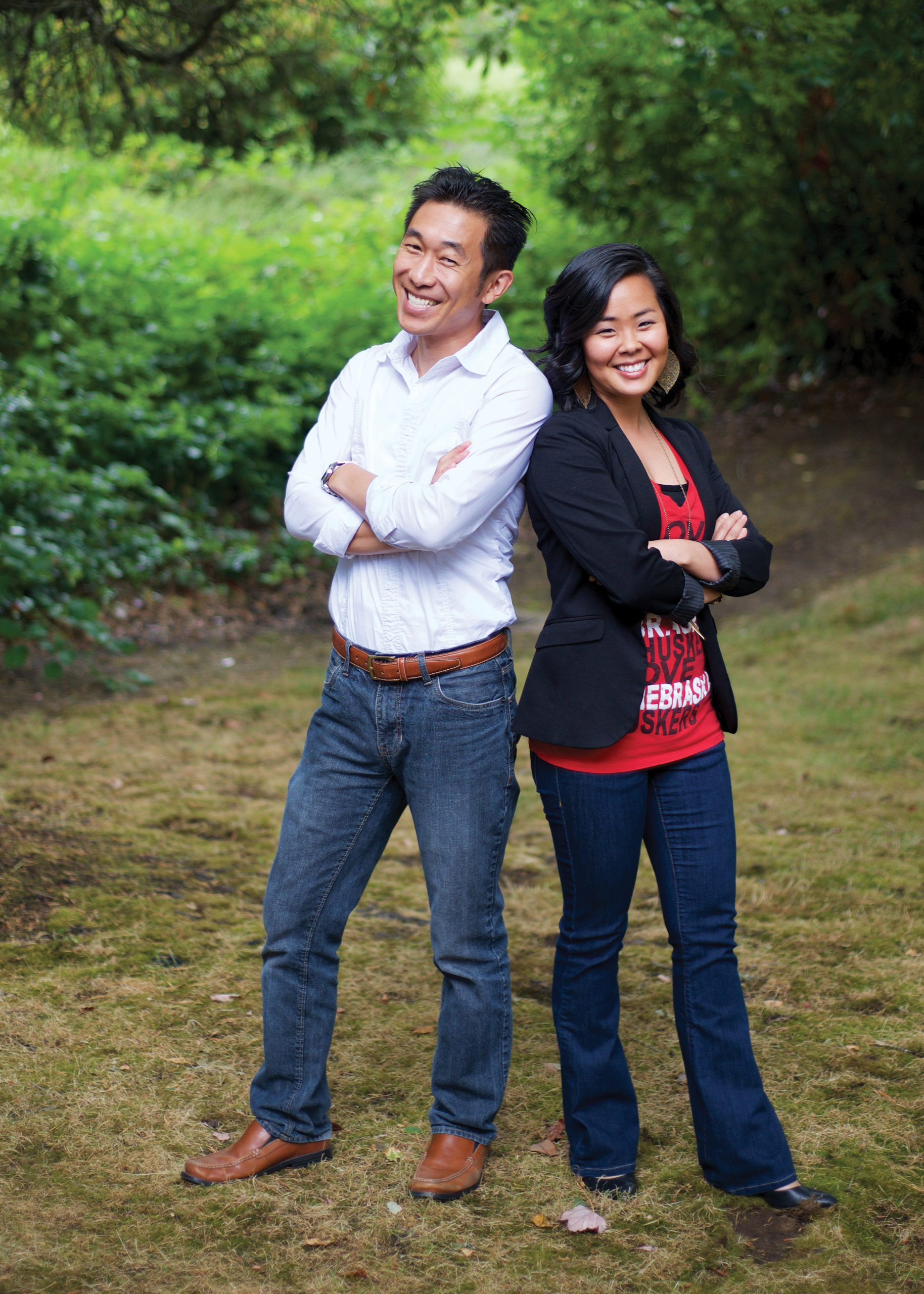
Adoption
Holt’s director of adoptee services, Steve Kalb, and HR specialist Emily Thornton launch Adoptee Meets World, a college group just for adoptees.
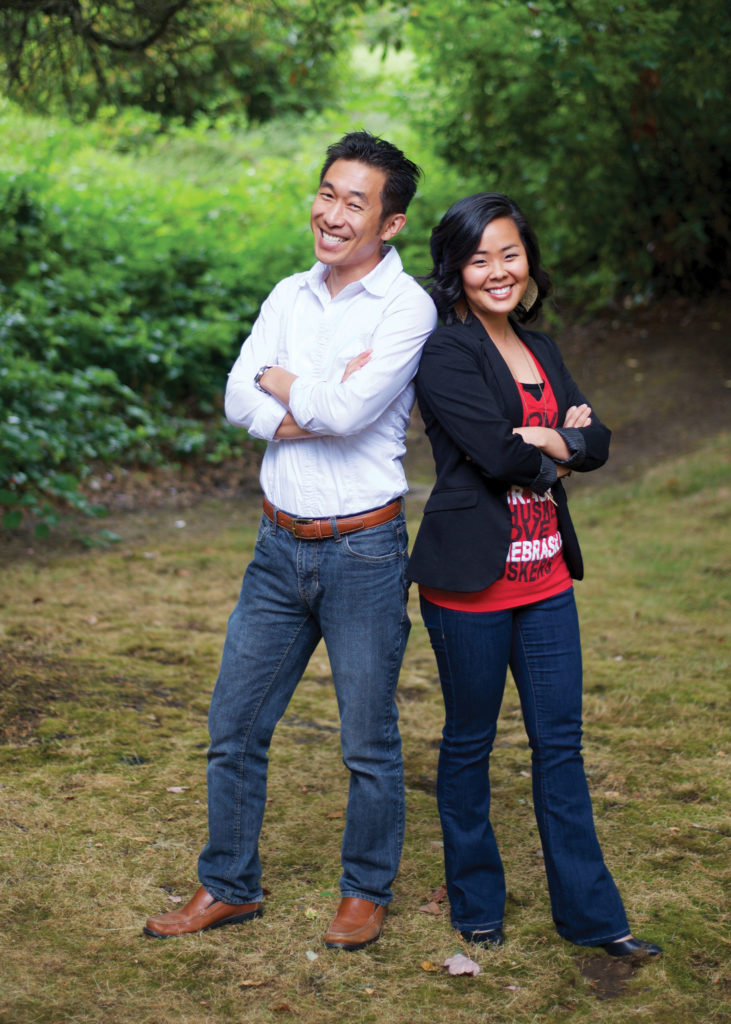
Emily Thornton: I would say that at this point in my life, it’s probably the first time that I’ve ever viewed myself as Korean and American. When I was a freshman in college, it was harder to know where that — where my ethnicity or my race — really came into play because I was raised in a white family in a predominantly white community. And I was always asked, you know, why I didn’t look like my family. But my answer was always just something quick so that people would not ask additional questions. But when I got to college, the questions would come with people not having any understanding of what kind of family I came from. And so I didn’t really know how to be Asian.
Steve Kalb: I hear adoptees say this phrase a lot: I’m living between two worlds. What does that mean to you and how did it impact your college experience?
Emily Thornton: Living between two countries is just a fact of my life because I feel such innate loyalty to Korea even though I’ve never set foot there since I left as a baby. Being Korean is just as important to me as being American, but I haven’t had the same time to really love Korea the way that I love America. In college, I was barely recognizing Korea.
Steve Kalb: Yeah, I get it. So, since college, have you developed more of a sense of identity around “Korean-ness?”
Emily Thornton: Yeah. And I think I’m okay with it now. Because in college, I was just very sensitive about it and I was just always overcompensating for my sensitivity by trying to crack a joke about it or, you know, trying to fit in with my friends who perceived me to really be American American, but would still recognize my race. So it was just walking this fine line between not offending your friends, fitting in with your friends, but then somehow trying to figure out that other part of you that is so apparent to everybody else.
Steve Kalb: Do you think you would have participated in an adoptee group when you were a freshman in college?
Emily Thornton: My freshman year, I had the opportunity to participate in a multicultural group on campus. And again, there was just a certain level of discomfort because most of the people were raised in their home origin countries, or their families were still very deeply rooted in their Hispanic or Asian culture. Those kids were very well educated on their ethnicity and why they were multicultural. I think as a freshman, I would have just felt a lot more comfortable if there had been people who looked like me, but that had the same type of experience as me.
Steve Kalb: So the multicultural group wasn’t a great fit, but a group that provided more ease of language around your life experience would have been a better fit for you?
Emily Thornton: Yeah. I have found that one of the most comforting things when you’re new — anywhere — is to have people who can just understand. Immediately. Without all this huge explanation, they get it.
Steve Kalb: In college, different resources can help you develop academically, professionally, socially. What would an adoptee group resource provide for adoptees entering college?
Emily Thornton: What I have found in the adoptee community is that there is a holistic approach to understanding your identity. Adoptees are resources to other adoptees because they can share and express genuine empathy for each other. And I think that empathy — when it’s given to you — helps you acquire tools to start building confidence and the ability to see the world more broadly. Because I feel like in this really unique sense we (adoptees) are all connected. Both our good and bad experiences, they all connect us together.
Steve Kalb: And it’s in that community that the benefit for college students emerges?
Emily Thornton: Yeah, I think so. I think there’s security in being in a group that can empathize with you. And security builds a lot of the atmosphere necessary to grow and mature and to feel as though you can really tackle the things that come your way. At the end of the day, resources are all about being able to get through the good and the bad. Particularly in college, you need a lot of help to get through those four or five years.
Adoptee Meets World strives to provide a space for adoptees to meet, socialize and collaborate with others who have similar stories and backgrounds. The first group will meet this fall on the campus of the University of Oregon in Eugene, with plans to expand to other campuses across the country.
For more information or to start a club on your campus, contact Steve Kalb.
We're sorry no stories match the filters you've chosen. Please adjust your selection of filters.

Adoption
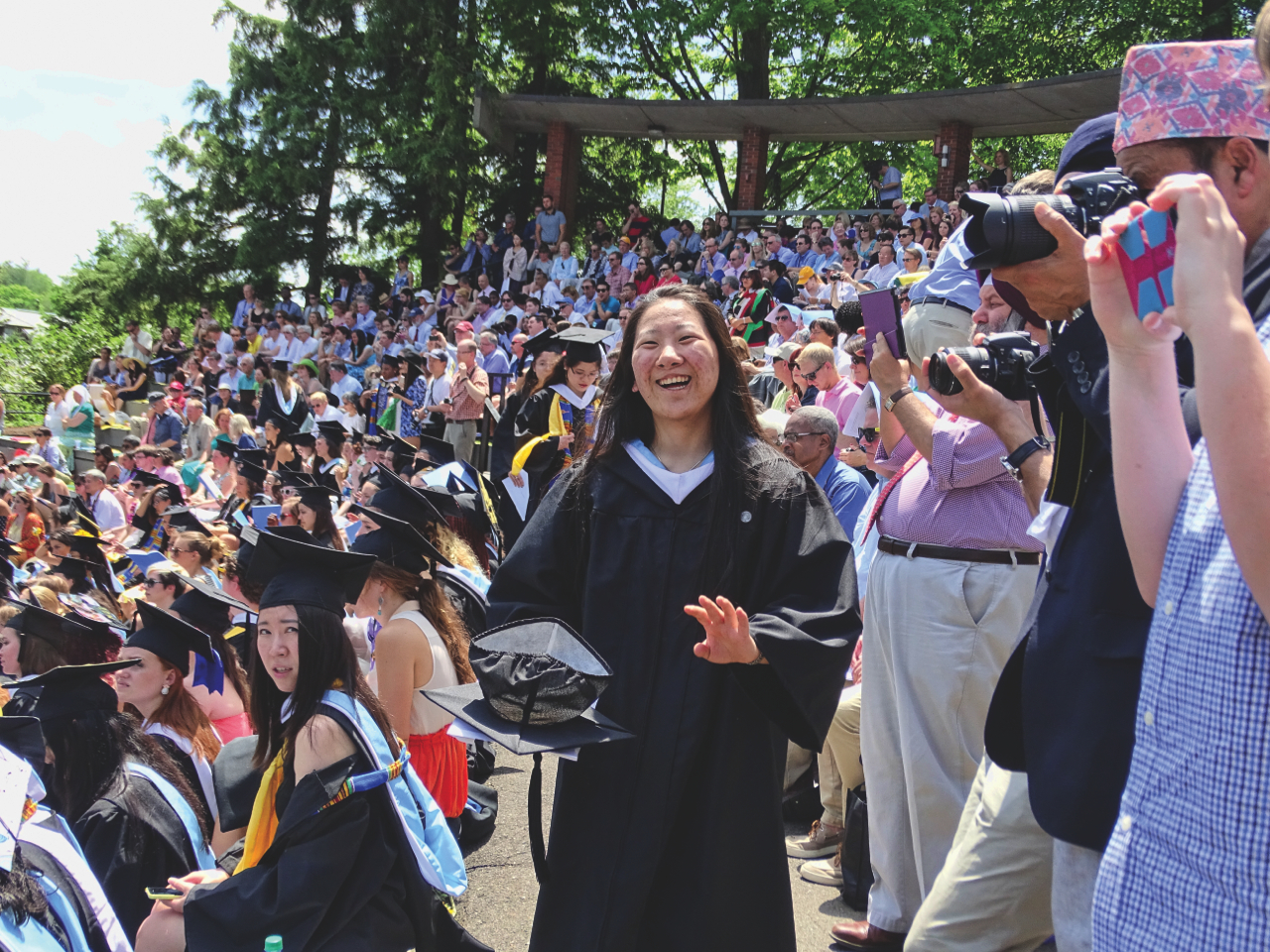
Adoption
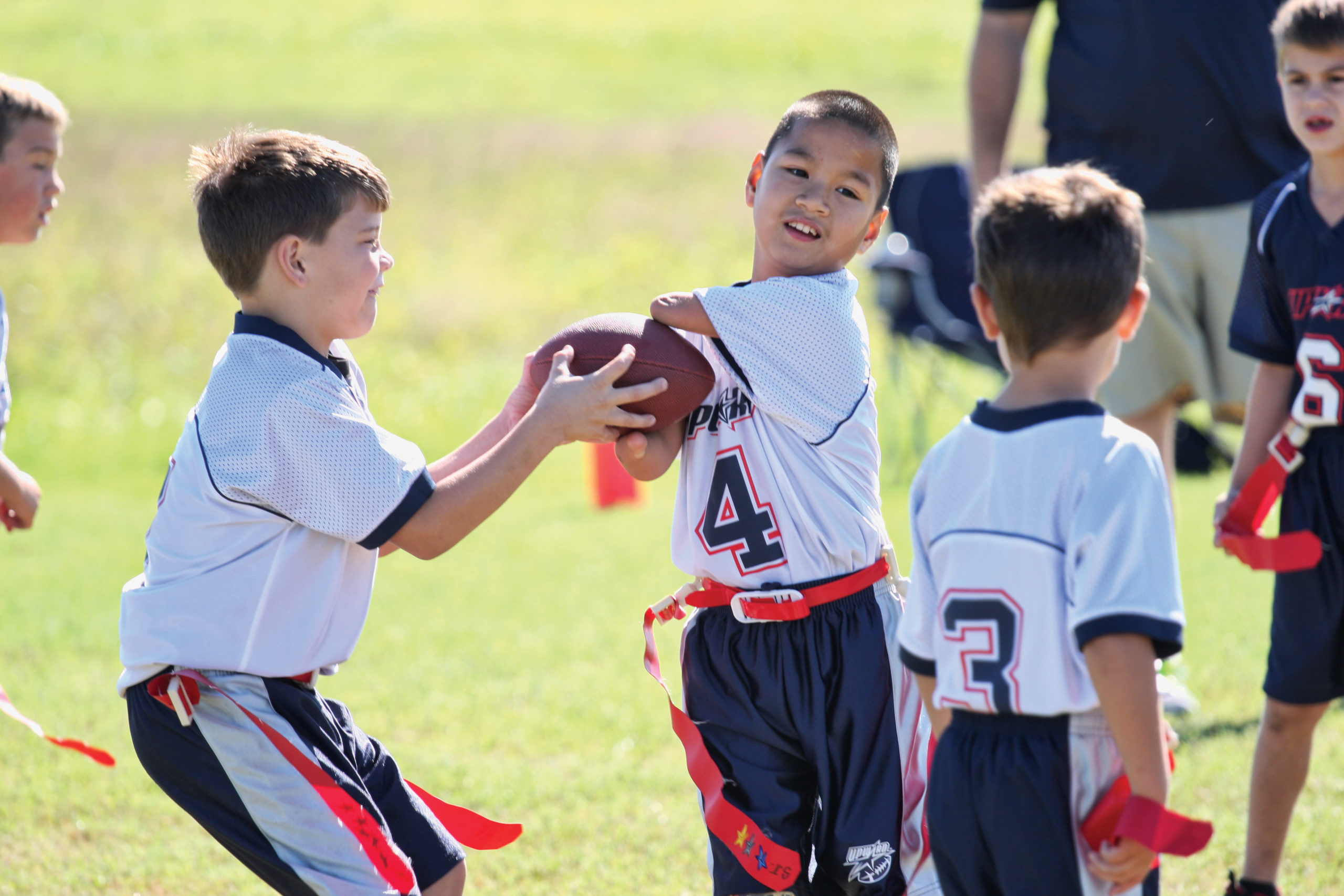
Adoption
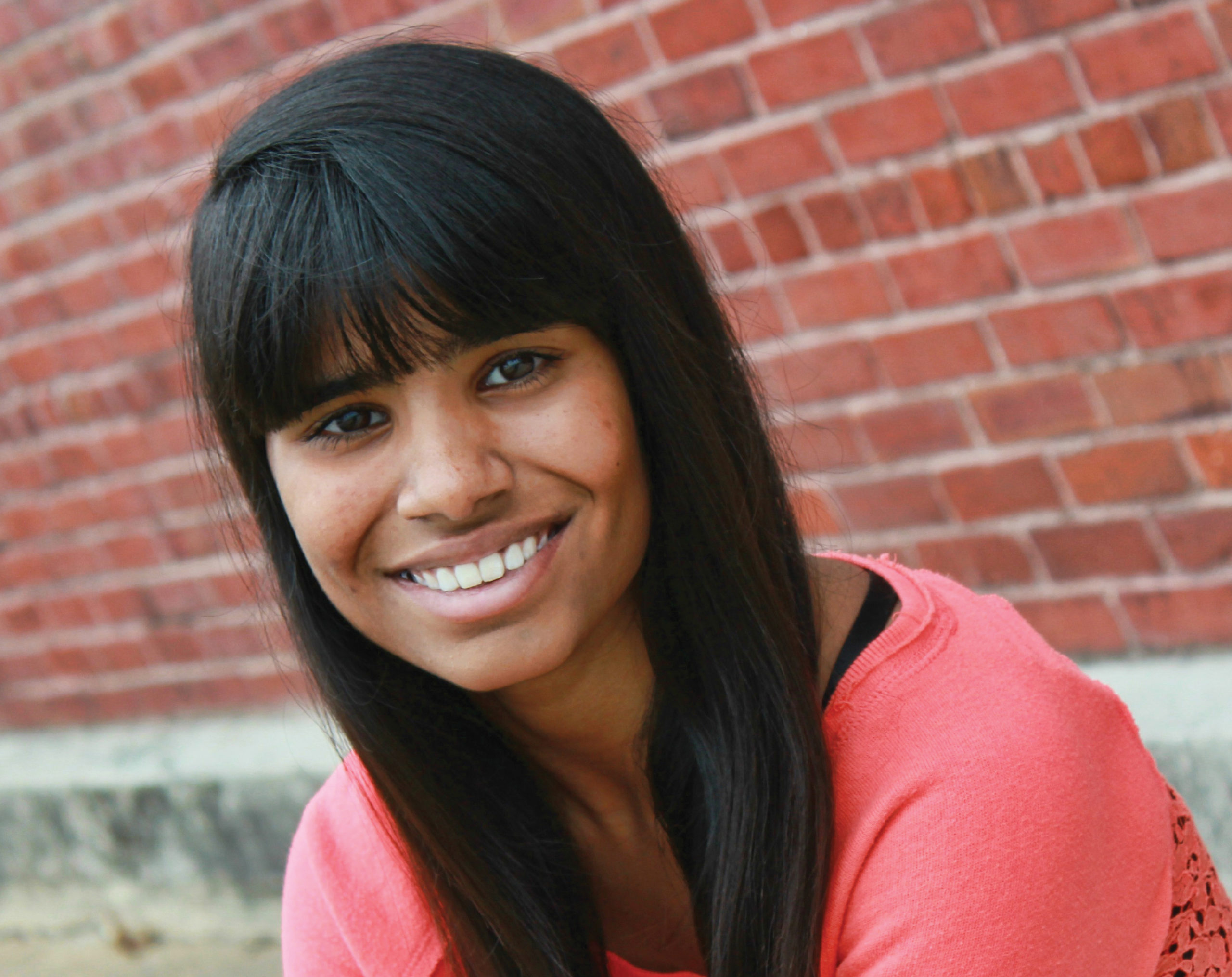
Adoption
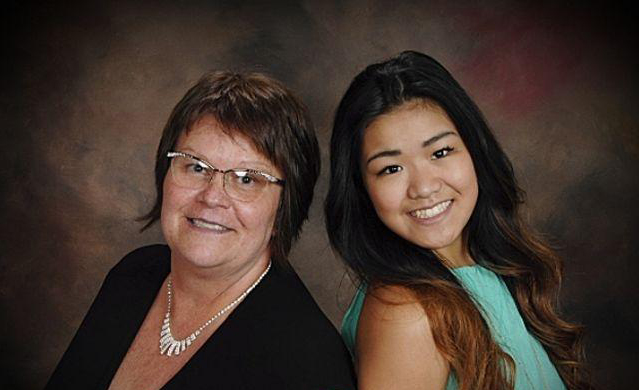
Adoption
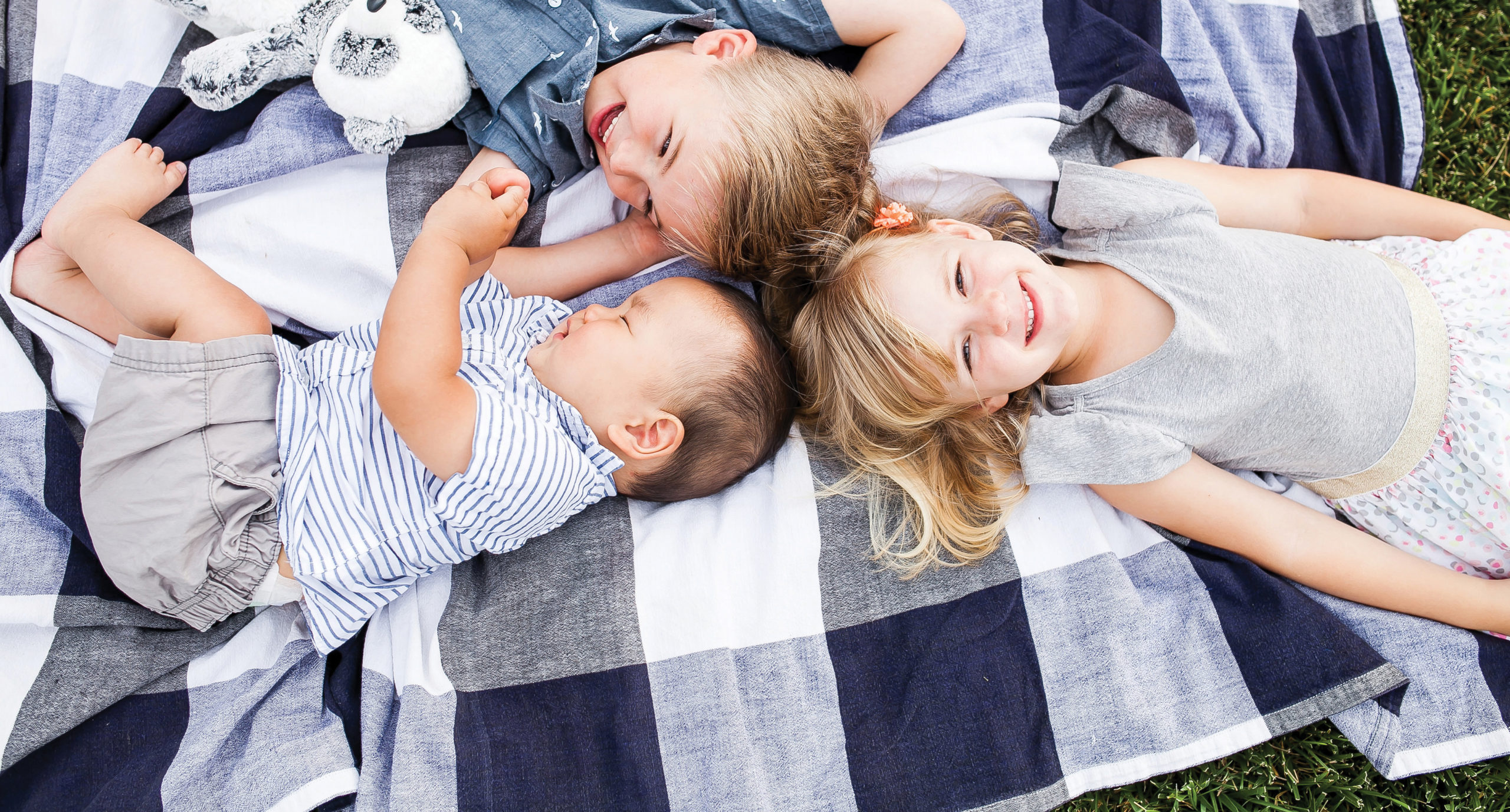
Adoption
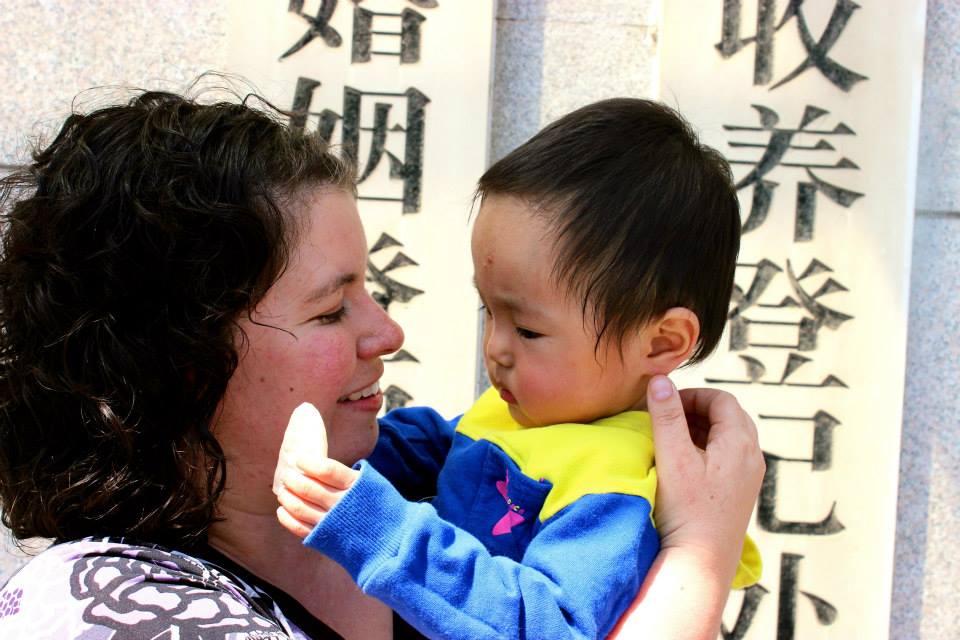
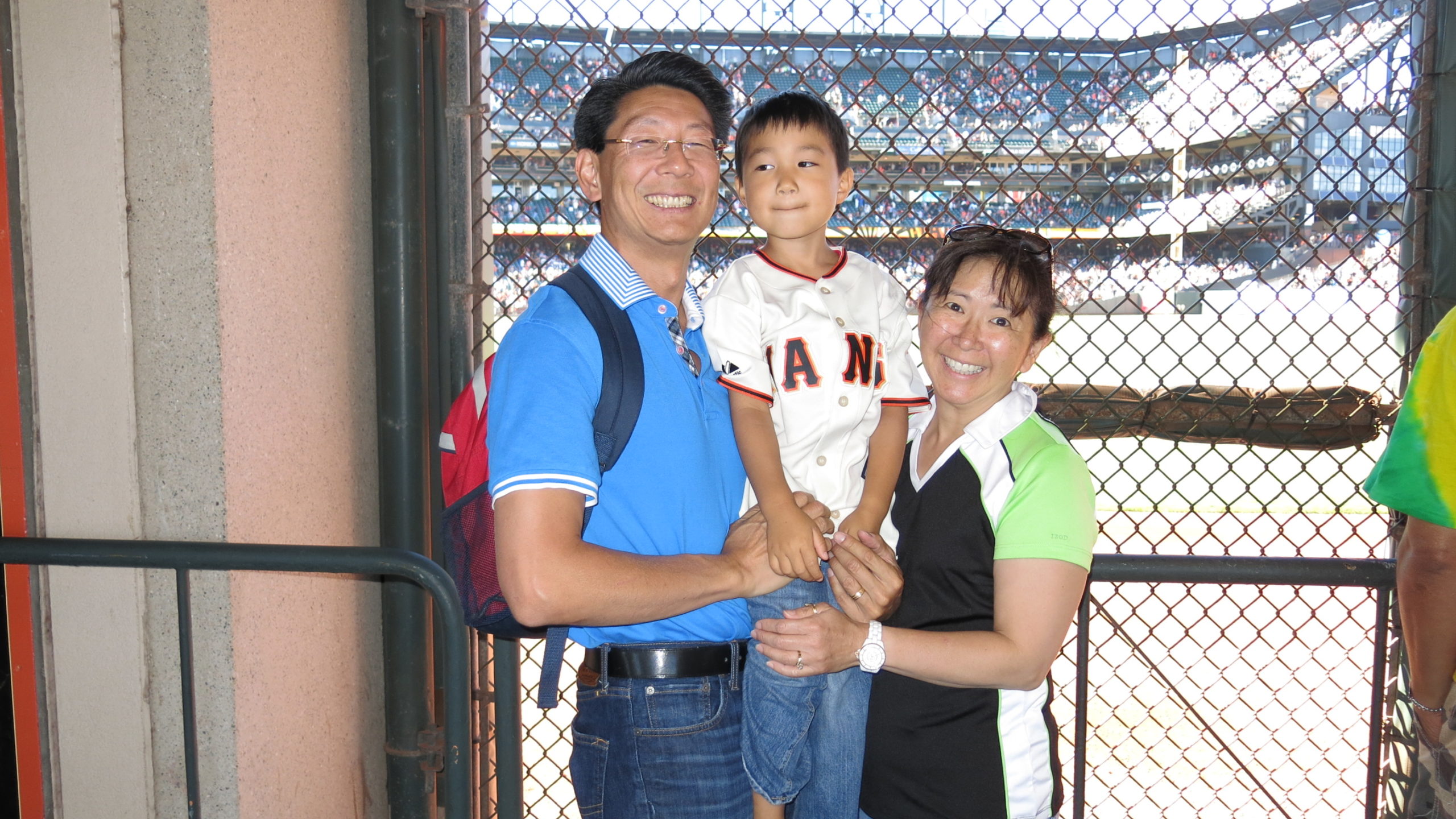
Adoption